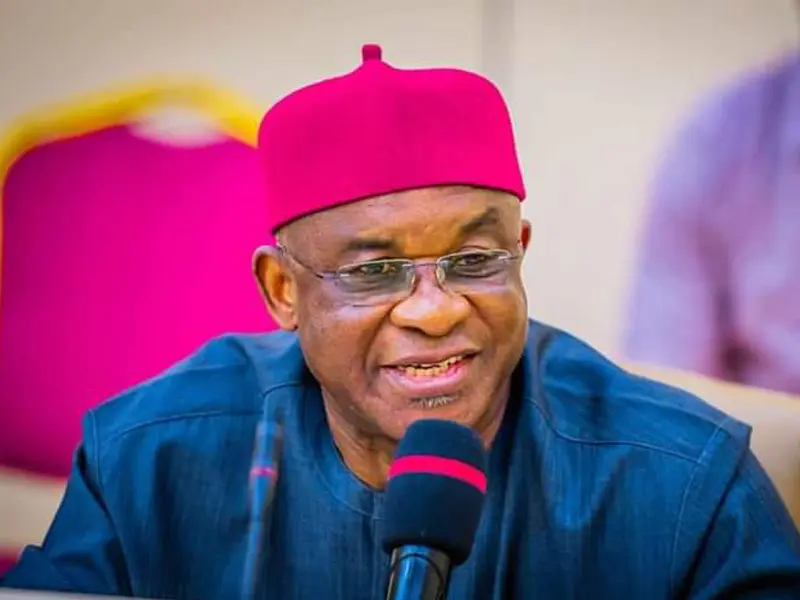Ahead of critical by-elections in Nigeria on Saturday, African Democratic Congress (ADC) leader David Mark has pressed electoral authorities to prioritize transparency and fairness, framing the polls as a pivotal test for restoring public trust. In a statement issued by his media adviser Paul Mumeh, the former Nigerian Senate President urged the Independent National Electoral Commission (INEC) to address past shortcomings, warning that “all eyes are on the commission” to safeguard the integrity of voting across 10 states.
Mark’s rallying call comes as the ADC fields candidates in legislative races spanning Anambra, Taraba, Kaduna, and seven other states, positioning the party as a reform-driven alternative in a nation grappling with electoral skepticism. The contests, covering Senate, House of Representatives, and state assembly seats, unfold amid lingering scrutiny of INEC’s handling of recent general elections, including technical glitches and logistical delays that sparked legal challenges.
Describing the ADC as a “child of necessity” crafted to deliver better governance, Mark appealed directly to voters: “Allow us to prove our worth.” He stressed that credible polls could help rehabilitate INEC’s image, noting a “truly free, fair process” would signal progress for Nigeria’s democracy. Alongside encouraging candidates to honor electoral laws, he cautioned against voter intimidation and urged vigilance against manipulation—a nod to Nigeria’s history of poll-related violence and irregularities.
Security agencies received equal attention, with Mark calling for impartial enforcement to ensure “the people’s will prevails without interference.” His dual emphasis on institutional accountability and citizen participation reflects broader frustrations in a country where 87 million registered voters face recurring concerns about ballot secrecy and malpractice.
The by-elections, triggered by resignations and court-ordered reruns, offer the ADC strategic opportunities to expand its foothold ahead of 2027 general elections. While smaller parties often struggle against Nigeria’s dominant political blocs, Mark’s prominence as a former parliamentary leader could galvanize support in competitive regions like Kano and Ogun.
Analysts view INEC’s performance on Saturday as a litmus test for reforms pledged after the 2023 elections, including real-time results transmission—a system hobbled by technical failures last year. As Nigeria navigates economic turbulence and security crises, the polls also serve as a barometer of public engagement: voter turnout during February reruns in northern states plummeted to under 10%, underscoring widespread apathy.
For the ADC, success hinges not only on electoral fairness but on convincing Nigerians that emerging parties can disrupt entrenched political dynamics. “This is more than a by-election,” Mark asserted. “It’s about rebuilding confidence in our democratic journey.” As voting commences, all stakeholders—from poll workers to security forces—face mounting pressure to ensure the process outshines past disappointments.
